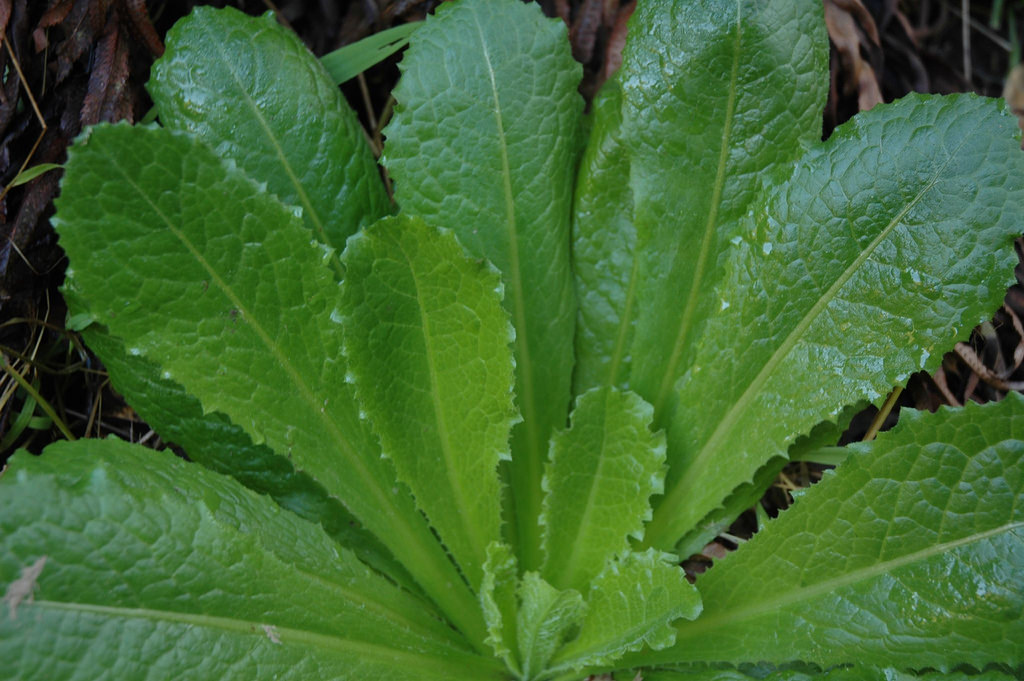A powerful natural painkiller may be growing in your backyard
03/29/2019 / By Daniel Barker

A safe and natural painkiller that offers all the benefits of opium – without any of its adverse effects – may be growing right in your backyard. While largely overlooked in recent times, wild lettuce (Lactuca virosa) has been known for centuries to be effective in treating conditions such as insomnia, anxiety, chronic pain, headaches and asthma. Tinctures, which are simple herbal remedies, made from the milky sap of the plant can produce very similar effects to those of opium – including the “high” – but without any of its addictive properties or other negative side effects.
Poor man’s opium
The plant – which looks like a cross between a dandelion and a thistle – was known to the Hopi tribe and is still used in France as a folk remedy. In the 1880s, “lettuce opium” was used as a substitute for opium, earning it the nickname “poor man’s opium.”
Although lettuce opium has the same general effect and appearance of the substance derived from the opium poppy, it contains no actual opium and will not trigger a positive result on an opioid drug test. (Related: The natural painkiller growing in your backyard: Wild lettuce is similar to morphine.)
A theory regarding the reportedly disappointing quality of mail order lettuce opium preparations is based on the premise that the active compounds quickly lose their potency after harvesting, so it’s probably a good idea to avoid the store-bought products and to simply prepare your own. Fortunately, it’s not a difficult process at all.
Make your own wild lettuce tincture at home
The best way to experience the benefits of lettuce opium is to harvest it yourself and make your own tincture – a process that requires very little special equipment or experience. Here are some simple instructions on making a wild lettuce tincture at home, using a tincture press and common household items. (h/t to BotanicsEye.com)

All that’s involved is harvesting the parts of the plant you want to use, running them through a blender and soaking them overnight in ethanol before using the tincture press to squeeze out the liquid. This process is repeated for a few days until there is enough solution to prepare the tincture, which involves simmering the solution until it produces a black, sticky tar-like substance which can be ingested or smoked just like opium.
The leaves and flowering tops of the plant can also be dried and smoked or made into tea, but eating large doses of opium lettuce can cause nausea, vomiting, anxiety, and dizziness.
As with everything, use common sense and moderation – even natural medicines should be handled and ingested with care, and lettuce opium is no exception to the rule.
Lettuce opium is but one of many traditional natural remedies that are slowly being rediscovered by those seeking alternatives to dangerous and ineffective Big Pharma medications. Many of us are now learning what traditional natural healers have known for many centuries – that Mother Nature provides us with everything we need to prevent illness and maintain good health.
Sources include:
Submit a correction >>
Tagged Under:
lettuce opium, natural painkillers, tinctures, wild lettuce
This article may contain statements that reflect the opinion of the author





















